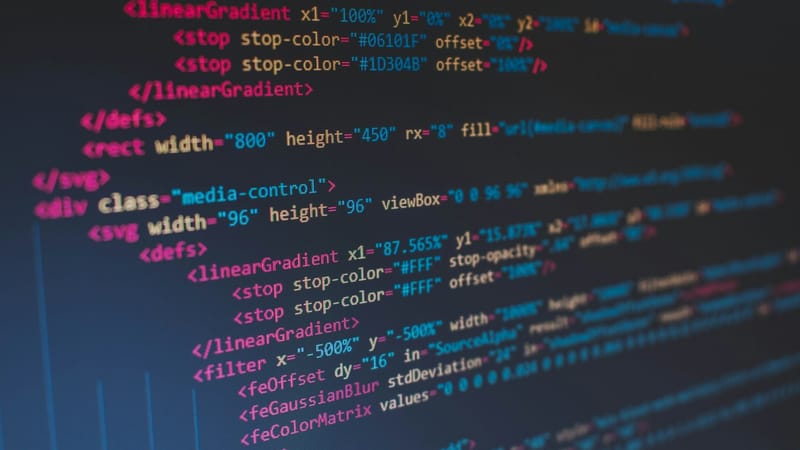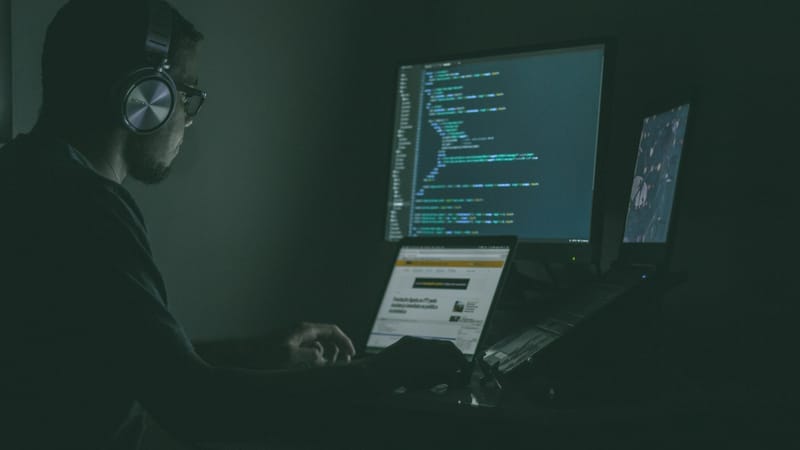When an Algorithm Curates Your Life: Scoble on AI’s Cultural Infiltration

Tech evangelist Robert Scoble’s recent thread on X begins not with proclamations about runaway algorithms but with a simple observation: his morning commute soundtrack was generated by AI. He describes an algorithm curating a playlist so precisely attuned to his mood that he barely noticed the car engine humming beneath him. That moment of almost-unnerving convenience serves as a springboard for Scoble’s broader reflections on how AI is quietly infiltrating our cultural landscape, from the music we consume to the conversations we hold.
An Algorithm in Your Ear
He notes that when a machine anticipates your preferences flawlessly, it erases the friction that once made us question our choices. In years past, discovering new music required thumbing through reviews or relying on friends’ recommendations. Today, streaming platforms tap into behavioural data and generative models to surface tracks we never even knew we wanted. According to Scoble, this shift is transformative. Music, once a communal discovery process, is becoming a personal, AI-mediated journey. He wonders whether this hyper-personalisation ultimately narrows our horizons or expands them by exposing us to unseen genres.
AI as Invisible Co-Creator
His commentary stretches beyond entertainment. Scoble shares an anecdote about collaborating with an AI-powered video editor that stitched together raw footage from a recent tech conference. By analysing framing, lighting and pacing, the tool suggested scene transitions he would never have conceived. As Scoble recounts, watching the draft made him question authorship: who deserves credit when a machine rearranges your footage into compelling narratives? He argues that as AI tools become more creative, they blur the lines between human authorship and machine assistance. The challenge, he suggests, is defining what counts as “original” in a world where algorithms remix and reassemble existing content in real time.
Echo Chambers Revisited
Next, Scoble turns his attention to social media feeds, pointing out that AI-driven recommendation engines now tailor every piece of content we encounter. He contrasts this with the earlier internet, where discovering diverse viewpoints required actively seeking out new forums. Today, algorithms prioritise engagement, often amplifying polarising or sensational posts because they keep users scrolling. Scoble worries that this dynamic fosters echo chambers more subtly than before. He asks whether users can reclaim a sense of serendipity, where stumbling upon a dissenting opinion feels accidental rather than impossible.
The Economics of Attention
Scoble’s analysis also dives into attention economics. He cites recent data showing that the volume of AI-generated articles and videos online has surged by nearly 40 percent in six months. This deluge places human creators in a bind: competing for visibility against machines that can pump out large volumes of passable content. Scoble proposes that true value will lie in authentic voices—personal insights and lived experiences that machines cannot replicate. Yet he remains sceptical: as AI nets become more precise, will platforms actually privilege “authenticity,” or will they continue to reward raw engagement metrics above all else?
Ethics and Accountability
Finally, Scoble circles back to questions of responsibility. He points out that many AI models learn from data scraped off the internet, which is often riddled with biases and inaccuracies. Without robust auditing, these tools risk reinforcing harmful stereotypes or disseminating misinformation at scale. To combat this, Scoble calls for transparency—developers should publish clear accounts of training data sources and model limitations. He also emphasises the importance of human oversight, arguing that communities should demand the right to inspect how an AI arrived at a particular output, especially when it influences public opinion or creative recognition.
Scoble’s reflections offer more than a technophile’s fascination; they provoke us to rethink how culture itself is evolving. When an algorithm dictates your soundtrack, stitches together a film or curates the very news you consume, the boundary between human and machine creativity dissolves. His central question lingers: as AI becomes an invisible collaborator, how do we preserve the unpredictability, the serendipity and the messy humanity that define our cultural fabric? Perhaps the journey toward that answer begins with examining the next playlist suggestion you receive—courtesy of an algorithm that knows you better than you know yourself.





